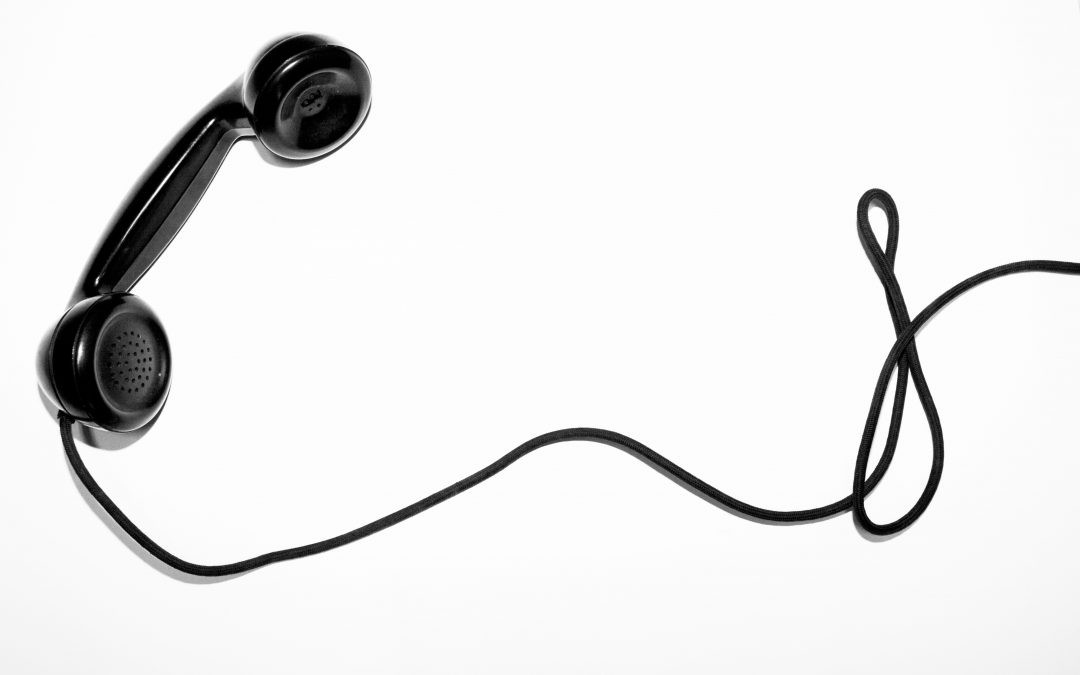Telephone interviews are common these days – it’s a great way for the company to screen out the best candidates for the interview panel. It’s also great for you – you can have your notes in front of you for prompting and telephone interviews can often feel less pressure. So follow our tips to get you through to the face to face interviews and land that great new job.
• Find a quiet space where you won’t be disturbed. Although this sounds obvious, even a Professor being interviewed by the BBC can’t seem to get this one right. Watch the clip here. You need to be in a quiet space where you won’t have to shout above children, barking dogs or traffic noise to be heard. Find somewhere quiet where you won’t be interrupted.
• Be on time. If the call has been arrange for 9am, make sure you’re ready to take the call at 9am. Make sure your equipment is in good working order and you have everything you need ready to be on the call when they contact you. It’s like the face to face interview – being late shows a lack of respect and at this stage it could be something this simple that means you don’t make it to the next round.
• Have your notes to hand. The great thing about a telephone interview is the ability to have your research notes and a copy of your CV or application form right in front of you. Make sure that you’re not rustling papers though – maybe tape them up at eye level so you don’t muffle your voice when looking down at your notes.
• Use a landline where possible. Mobile connections are always unpredictable, so if you can, use a landline. It will be a much clearer line and there’s less chance of being cut off. But, if you only have access to a mobile, make sure you are somewhere your mobile signal is best and if possible use WiFi calling. If you are using a mobile, make sure your phone is fully charged and you agree who will call back on the off chance the call is disconnected.
• Concentrate. Even if you are the world’s best multi tasker, your telephone interview isn’t the place to be checking the weather or responding to e-mails. Give the interviewer your full attention as you would on a face to face interview. It’s usually easy to spot when someone is distracted, so put all other things aside and concentrate on the interview.
• Dress for an interview. This one might feel strange, but if you’re sat at home wearing a tracksuit covered in last nights takeaway, do you really feel like you’re projecting the best professional feeling? You’re more likely to feel professional if you’re dressed that way.
• Smile. It does sound stupid, put people can tell by your voice if you’re bored or disinterested. If you smile like you would on a face to face interview, it will show in the tone of your voice and help to put you at ease.
• Prepare like you would for the face to face interview. Make sure you’ve done your research on the company and the role. It might be you are asked questions at this stage that are followed up on the face to face portion of the interview. Be ready to discuss the role and how you feel you fit the company ethos.
• Communicate clearly. This can be more difficult over the phone, but you really need to pay attention to how you communicate. Don’t talk over the interviewer, make sure they have finished speaking before you answer. They can’t see your face, so keep your verbal ticks to a minimum – things such as ‘umm’ and ‘err’ may feel more misplaced in a telephone interview than face to face, so be careful about the words you are using. As in a face to face interview, don’t be afraid to ask them to repeat the question or clarify something they have said.
• Have a glass of water to hand. There’s nothing worse than someone clearing their throat or coughing down the phone. Make sure you have a glass of water to hand in case you need it. If you do have a sore throat, make sure you use a lozenge before the interview, but not during. The interviewer will be able to tell if you’re sucking on a sweet and it will impact how you speak. If you have a cold or sore throat, make sure you cover the mouth piece when clearing your throat.
• Ask questions. Again, like the face to face interview, this is your opportunity to ask anything about the role. Have something prepared – it shows you have done your research and looked at the role in more detail. But, don’t ask too many questions. You don’t want to take up too much of your recruiters time, so you could always mention you have more questions, but feel they would be appropriate for the next stage and don’t want to take up too much time now.
• Don’t ask about salary. You need to get through the interviews before you start asking about the salary package, so don’t jump the gun and ask about it now. Make sure you have that job offer before talking money!
How can The Wage Shop help?
After all this, you’ve survived the interview. Congratulations! Even better when you get the job. Don’t forget how The Wage Shop can help you in your new role – we make sure your tax and National Insurance needs are taken care of, that you get paid correctly and on time, so you can spend your energy focused on your new job.
We also auto-enrol you into our company pension scheme, so you can be planning for your future without even thinking about it. With our Payment Advance service, we can also advance you some of your wages so you can make sure your new work wardrobe is updated so you can be confident in your new venture. Head over to the website for more details or Contact Us to register.

